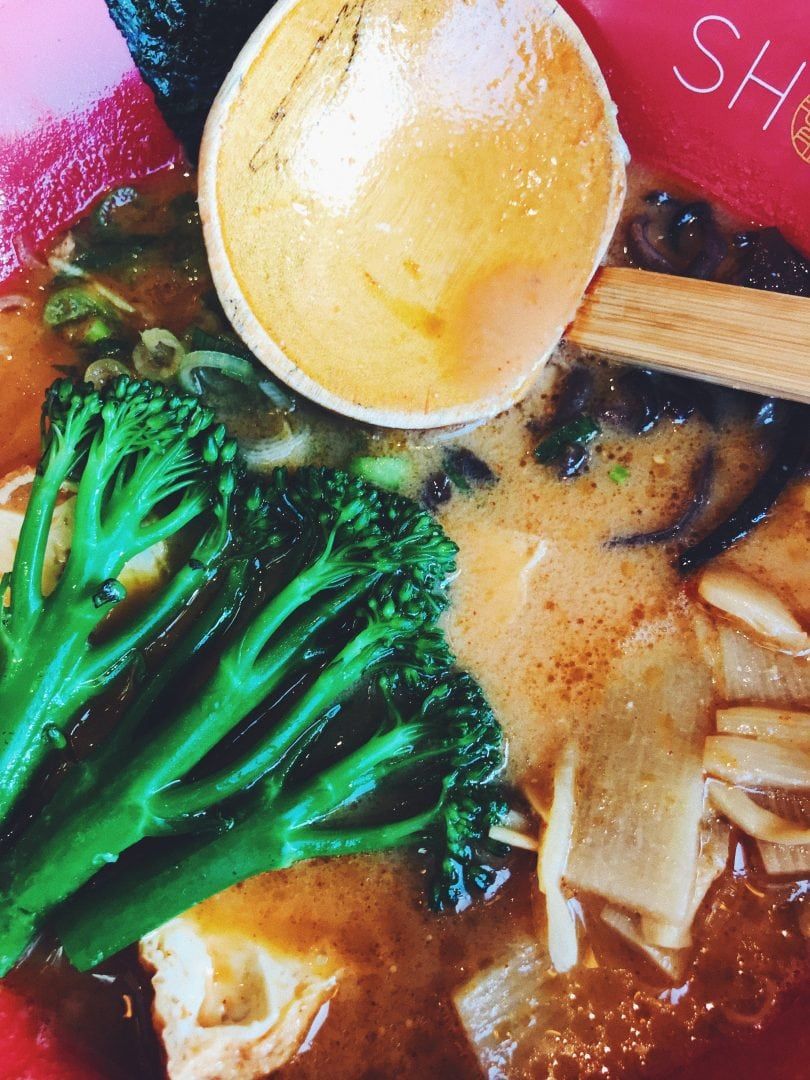“Like Carmen, but more moonshine”
I didn’t choose to come out: it sort of happened by accident. I was mincing around the house to sumptuous crescendo’s of Puccini’s Tosca when it happened: my housemate walked in on me. “You like classical music?!” She asked, alarmed. I hung my head, turning down the music as my cheeks began to burn: “I do.” No longer was I a closet classicist; I had been outed.
Classical music can get quite the bad rep, especially at University, where anything the least bit middle class, like eating prosciutto ham, is likely to get you branded a Tory (the student equivalent of being a pariah). It is this elitist reputation that Manchester based arts collective The Opera Shack are trying to shake off: with their unique formula of interspersing key scenes in opera with spoken word narrations aims to break down the stereotypes surrounding the art form and to re-contextualise works into more relevant and engaging settings for audiences today.
You might not know you know it, but you probably know Carmen, the Opera Shack’s up and coming production. Based on a 19th Century French novella by Prosper Merimée, Bizet’s Opera is perhaps one of the most iconic in the classical canon, boasting not just one but two really famous arias: the Habanera and the Toreador’s song. It’s music tells the story of a passionate romance between the naive soldier, Don José, and a fiery gypsy that traditionally causes him to desert and undertake a life of crime, debauchery, and freedom. Told afresh, The Opera Shack’s production envisions the tale set in 1920s prohibition, a world of gangsters, flappers, and moonshine.
More than just a night of spectacle, the production’s musical director, Abi Kitching, and the director of the Opera Shack, Emma Doherty, believe Opera can be a force for good. They both shared with me their thoughts on the role Opera plays for young people today:
Abi : “Art and music has a really positive impact on our wellbeing and is deeply important in society because of the way it can make us think and feel. Opera is no exception. […] I also think creativity provokes creativity and it is so valuable to go and watch a piece of performance art and then digest it afterwards, preferably over a pint. Because opera, particularly in the high-end opera houses, is less popular now, the debate around seems to have also decreased. But it’s really positive to see opera companies popping up and giving audiences lots to talk about.”
Emma: “The Opera Shack team are dedicated to the accessibility of art, particularly in a climate of cuts, and we believe arts education and participation are integral to the well-being, empowerment and development of all people. This belief is integral to our ethos and we strive for our work to directly impact the communities we are working within. Alongside regular performances, in the future we hope to run workshops in various settings including schools, youth groups, and centres for those in temporary accommodation, using our performances to engage and empower people from all walks of life.”
“I don’t believe that music should ‘belong’ to any group of people – particularly not just those who are the ones making it professionally – we all have a right to music and the arts and its up to those creating it to reach out and share it with anyone and everyone who wants to engage. Opera doesn’t need to be stuffy and elitist and old-fashioned, it can be funny, exciting, and touching and that’s what we try to depict through our productions.”
The Opera Shack places a particular importance on Carmen’s role. Reinvented as a jazz singer for a speakeasy that acts as a front for prohibition defying gangsters, Emma was determined that Carmen’s sexuality does not override her violent fate: “More often than not when I read about Carmen, the language used to describe the protagonist is quite alarming: the calculating femme-fatale, the temptress who manipulates her prey, Don Jose, leading to his unfortunate downfall.
Instead, in this production I chose to explore Carmen’s story as an example of domestic violence – a depiction of manipulation, possessiveness and aggression – engaging a protagonist who we witness become isolated and fearful. Through my work with Manchester Rape Crisis, I’ve seen first hand the impact of domestic violence on survivors. The message we aim to highlight in this production is that violence against women and girls does not reflect on the victim, no matter how flirtatious, sexual or seductive they are. “
In the light of this, a percentage of the proceeds will go toward Manchester Rape crisis. Despite the potentially challenging take on the infamous Carmen, the audience can look forward to a lively and enticing performance by Manchester’s rising stars from Royal Northern College of Music and The University of Manchester. Performances run at the Kings Arms in Salford, 19:30 – 21:30 on the 14th-16th of June, and tickets range from £6 (concessions) to £12 for adults. Audience are encouraged to wear their best twenties attire. Don’t miss this new, exciting and topical take on a age-old classic!
Find out more at theoperashack.co.uk or on Instagram @theoperashack







